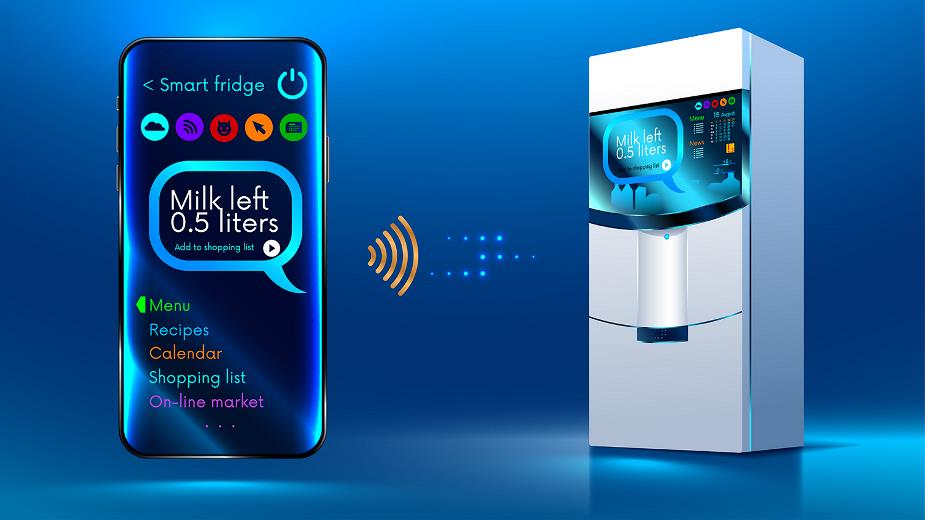Opinion piece: Does your fridge already have a virus scanner?
27 September 2022
It’s an ordinary day in the life of a lecturer-researcher in network and system security. You walk to the train to go to work. On your way, you think back to the start-up lesson of the year, in which you told students...

It’s an ordinary day in the life of a lecturer-researcher in network and system security. You walk to the train to go to work. On your way, you think back to the start-up lesson of the year, in which you told students about a campsite in the Netherlands with mandatory facial recognition for pool access. In response some parents on the terrace were saying loudly how easy it was for them; all they had to do was upload their children's photos to a company's database somewhere in the Cloud. Fortunately, the students still were surprised that this was allowed and happens just like that, and no, this is not allowed. There were also concerned faces in the room upon realising that this means we are teaching our children that this is the most normal thing in the world. It’s an ordinary day.
As you walk towards the train, you pass a car park where cars are waiting in line and can’t enter because of a network failure. Of course, the notification button is not working because of the same glitch, and there is no phone number anywhere to call. When you arrive at the station, you can’t scan your card as the station is also suffering a network failure.
At work, you discuss recent news items from the professional field with colleagues and you tell them about a company that was paralysed with ransomware because digital attackers had penetrated the network via connected Internet of Things devices [1]. Don’t Internet of Things devices have a virus scanner to detect this kind of infection? No, of course not, because that uses power and computer power, and if there's one thing these smart Internet of Things devices don’t have it’s computer power or a good battery. In other news items there was also the observation that virus scanners don’t focus on detecting digital attacks on Internet of Things devices at all, because they don't even have a virus scanner [2]. So a colleague rightly asked if we can still buy devices that work without an Internet connection.
If we are to believe security veteran Mike Hypponen in his book ‘If it’s smart, it’s vulnerable’, all our devices will be connected in the future and we will become as dependent on having a connection as we are now dependent on having power. And all these connected devices will be vulnerable to network failures and disruptions.
Does your fridge already have a virus scanner? No, probably not. But an Internet connection is a real luxury. Your fridge can make its own purchases, saving you a trip to the shop and giving you an extra reason to be lazy. Of course, it would be very funny if another person's credit card was charged down the street, because a piece of malicious software made the fridge order all kinds of beer and goodies and had these delivered somewhere else, HA!
Is it smart for us to connect all devices to the Internet? Or is connecting all these ‘smart’ devices just incredibly stupid? Of course, we have already forgotten that a large collection of infected IP cameras almost destroyed the Internet a few years ago [3], but progress should not be stopped.
Walking back home from the train, you pass the car park again with a long line of people who are unable to get to their cars due to a network failure. It was raining and already getting quite chilly. Such luxury. Such a convenience. Everything completely ordinary.
[1] https://arcticwolf.com/resources/blog/lorenz-ransomware-chiseling-in/
[2] https://isc.sans.edu/diary/VirusTotal+Result+Comparisons+for+Honeypot+Malware/29040